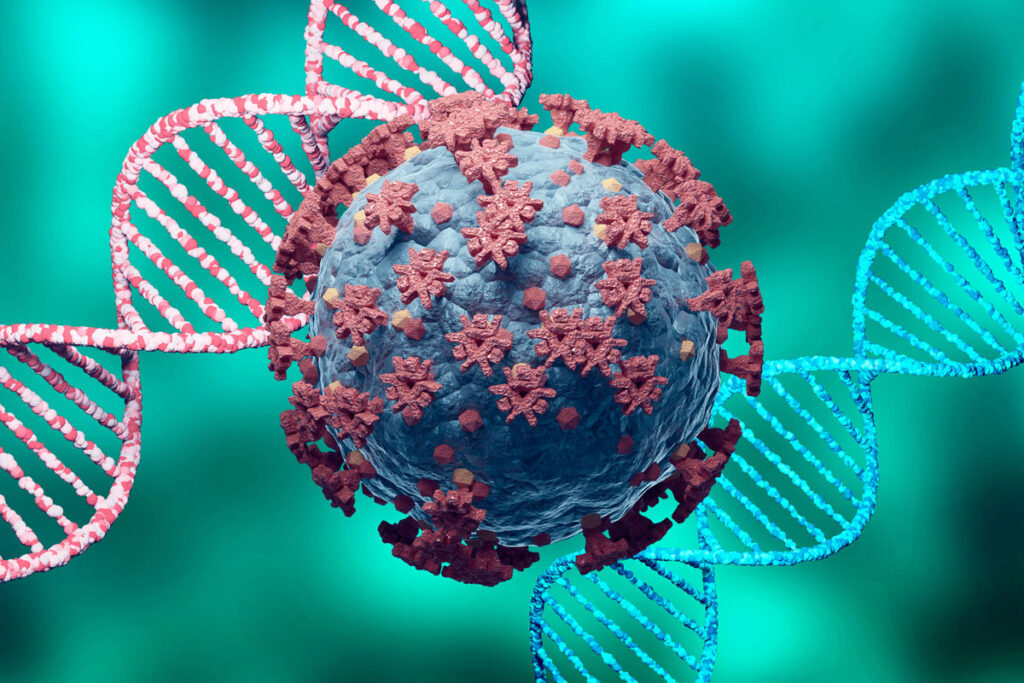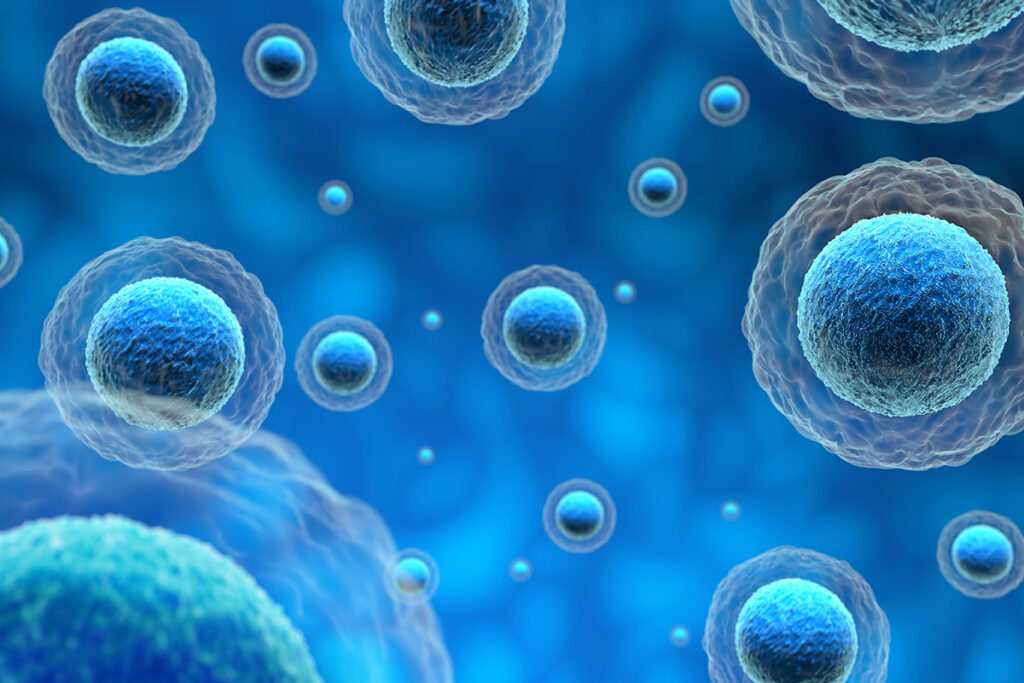
- Cardiology
-
by Lif3x
The heart is the most vital muscular organ in the body. It supplies blood to all other organs and maintains blood pressure due to its pumping ability. When the heart muscles lose their ability to pump enough blood, this leads to heart failure. Heart failure causes significant morbidity and mortality around the world. Only in the United States, nearly four hundred thousand deaths are reported yearly because of heart failure, costing 30.7 billion U.S Dollars in 2012. Besides the morbidity and mortality associated with it, it also compromises the patient’s quality of life.
Unfortunately, most of the available treatment options do not help regain the lost power of cardiac muscles; instead, they aim to halt the progression of the disease. Recent studies suggest that stem cell therapy could be a clue to this missing part of the heart failure treatment puzzle.
Heart Failure
Heart failure is a complex cardiac condition comprising signs and symptoms of congestion due to the inability of the cardiac muscles to pump the blood required for normal body functioning.
Signs and symptoms
- Breathlessness
- Breathlessness on lying down
- Night time breathlessness
- Decreased exercise ability
- Fatigue, tiredness
- Ankle swelling
- Night time cough
- Wheeze
- Decreased appetite
- Palpitations
- Lightheadedness
- Loss of consciousness
- Raised jugular venous pressure
- Third heart sound and cardiac murmurs
- Weight gain (more than 2 kg in a week) later weight loss
- Chest crepitations and pulmonary oedema
- Increased and irregular heart rate
- Ascites
- Cold peripheries
Causes
There are many causes of heart failure. Important ones are
1. Coronary artery disease
With every heart attack, almost a billion cardiac cells lose their function. With reperfusion methods like fibrinolysis and stenting, this number can be limited. However, there is still residual dysfunction left after revascularization. This dysfunction leads to heart failure and is one of the most important causes of this condition.

2. Hypertension
Due to increased blood pressure, the heart must pump with more force every time. This puts extra strain on heart muscles. They cannot keep up with the additional stress and finally start giving up, causing heart failure.

3. Heart valve disease
Different valvular diseases cause either abnormally too little or too much blood flow across a valve. In both cases, the heart has to work extra to meet the body’s supply needs and eventually, it gives up, and hence heart failure ensues.

4. Pregnancy
Heart muscles are prone to inflammation in some women during the last month of pregnancy to the first 5 months post-delivery. This can cause damage to heart muscles and lead to heart failure. Although most of the time, complete recovery is possible. However, in future pregnancies, the chances of it happening again increases.

5. Infection
Many infections, especially viral infections, including COVID-19, can damage heart muscles and lead to heart failure.

6. Genetics and Autoimmune diseases
Different genetic conditions and autoimmune diseases, e.g. hypertrophic cardiomyopathy, Lupus, Rheumatoid arthritis, etc., are also known to cause heart failure.

7. Alcohol abuse and nutritional deficiencies
Alcohol abuse is also a well-known cause of heart failure. Different nutritional deficiencies like thiamine are also implicated in heart failure

Investigations
Necessary investigations to diagnose heart failure include ECG, 2D echocardiography, Brain natriuretic peptide levels, and Cardiac MRI. Other tests that can help in identifying the etiological cause of heart failure include a Blood complete picture, biochemical profile, autoimmune and infection profile, stress testing, coronary angiography, myocardial biopsy, etc.
Treatment
Treatment options for the management of heart failure include
Pharmacological options:
Different medications are used to help in the treatment of heart failure. Most of these medications help relieve the symptoms caused by heart failure rather than reversing the cardiac damage.
- ACE or ARB inhibitors
- Beta Blockers
- Diuretics
- Aldosterone antagonists
- Inotropes
- Digoxin
- Hydralazine and isosorbide
- Vericiguat
Specific medications are also prescribed to treat the cause of heart failure.
Non-Pharmacological options:
These include but are not limited to
- Coronary revascularization- By stenting or coronary bypass surgery
- Valvular repair surgery
- Use of support devices like Cardiac resynchronization therapy (CRT), Ventricular assist devices (LVADs)
- Heart Transplant
Stem cell therapy
Stem cells are cells that can renew themselves and differentiate into specific cell types. This gives them the ability to act like the building blocks of the human body. There are different types of stem cells. As the knowledge and research on them have increased, they have been used extensively in clinical trials to treat many conditions like Bone marrow transplants, wound healing, knee injuries, etc.

Stem cell therapy and heart failure
Heart failure is due to the loss of cardiac muscles to any cause. Although many body tissues can regrow, the muscles in the heart only have 0.5 – 1 % potential to grow. A heart attack or any other insult results in the loss of millions and millions of cells. The slow regrowth potential of the intrinsic cardiac muscles cannot cover this considerable loss. Stem cells, by their ability to regrow and differentiate into different cell types, can help fill this gap.
Source of stem cells
Stem cells can be obtained from different sources. The most common and easy source to get them is human bone marrow or adipose tissue. Other sources include cardiac-derived cells, cells from skeletal muscles, and human embryonic or mesenchymal stem cells.
Site of injection
These stem cells can then be delivered to the heart via the following routes
- Intracoronary route
- Intravenous route
- Trans endocardial route
- Intramyocardial route
- 3D fibrin scaffolds
Once delivered, these cells grow and release different paracrine factors that help develop the cardiac muscles and increase their numbers. This increases the heart’s ability to pump blood; hence, all the symptoms caused by heart failure are reversed.
Cardiovascular disease is the leading cause of disability and death worldwide, most of it due to the weakness of cardiac cells to regrow or re-differentiate. This weakness of cardiac muscles is the real strength of stem cells, and by using this strength, in the future we can treat and reverse the damage caused by heart failure.


